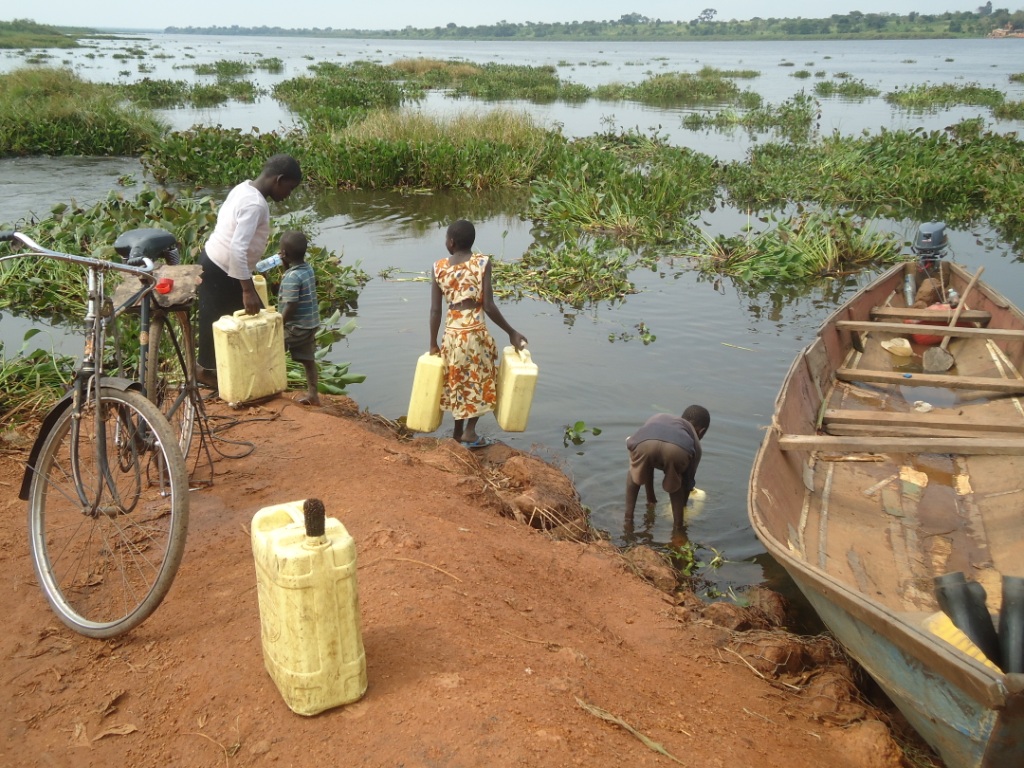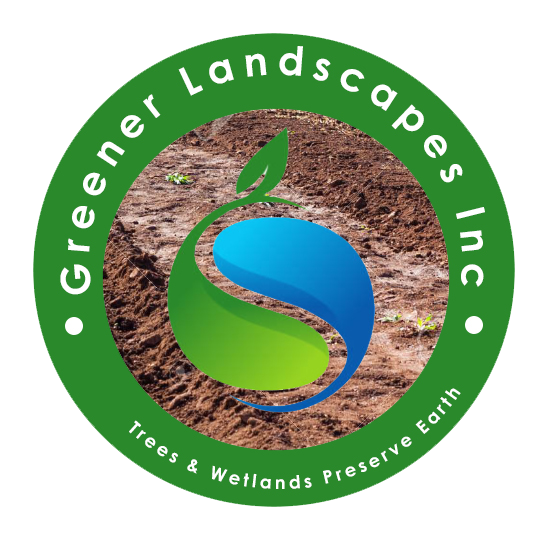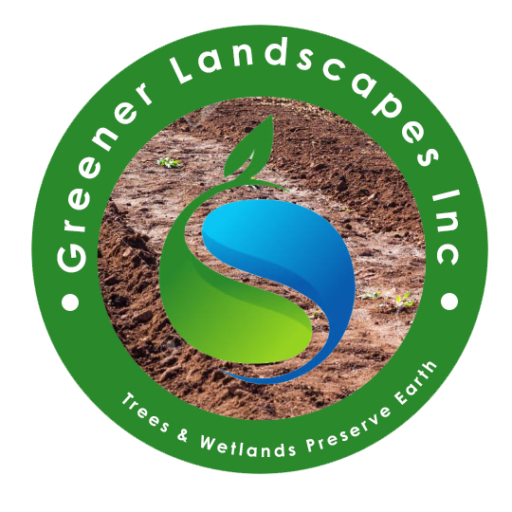Preserving Wetlands in Uganda
Preserving wetlands in Uganda is crucial for both environmental and socio-economic reasons. Wetlands play a vital role in maintaining ecological balance by providing habitat for numerous plant and animal species. They also contribute to the overall health of the ecosystem by regulating water flow, filtering pollutants, and mitigating the impact of floods and droughts. Remember, preserving wetlands is a collective responsibility. It requires the involvement and commitment of government agencies, local communities, NGOs, researchers, and international partners to ensure the long-term protection and sustainable management of these valuable ecosystems in Uganda.
 Here are Some Strategies for Preserving Wetlands in Uganda:
Here are Some Strategies for Preserving Wetlands in Uganda:
Legal Protection
Strengthening legislation and policies that protect wetlands is essential. Uganda already has legal frameworks in place, such as the Wetlands Act and the National Environment Act. These laws need to be effectively implemented, and stricter enforcement measures should be established to prevent illegal activities like encroachment, drainage, and pollution.
Awareness and Education
Raising awareness among local communities, policymakers, and stakeholders about the value of wetlands is crucial. Conducting educational campaigns, workshops, and training programs can help people understand the benefits of wetlands and the importance of conserving them. This awareness can lead to better participation and support from local communities.
Sustainable Land Use Practices
Promoting sustainable land use practices is vital for wetland conservation. Encouraging responsible agriculture, forestry, and fishing techniques that minimize negative impacts on wetlands can help preserve their integrity. Implementing guidelines for land-use planning and zoning can prevent inappropriate development in wetland areas.
Community Engagement
Engaging local communities in wetland conservation efforts is key to long-term success. Encouraging community-led initiatives, forming wetland management committees, and involving local stakeholders in decision-making processes can foster a sense of ownership and responsibility. This approach can also help address livelihood needs while promoting sustainable wetland use.
Monitoring and Research
Regular monitoring of wetland ecosystems is essential to understand their health, identify threats, and measure the effectiveness of conservation efforts. Collaborating with research institutions, NGOs, and relevant government agencies can provide valuable data for informed decision-making and policy formulation.
International Cooperation
Uganda can collaborate with international organizations, such as the Ramsar Convention on Wetlands, to access technical expertise, funding opportunities, and knowledge-sharing platforms. International cooperation can provide additional resources and support for wetland conservation efforts in Uganda.
Restoration and Rehabilitation
Where wetlands have already been degraded, restoration and rehabilitation efforts can be undertaken. This may involve measures like re-vegetation, controlling invasive species, and restoring hydrological connectivity to ensure the recovery of wetland ecosystems.

